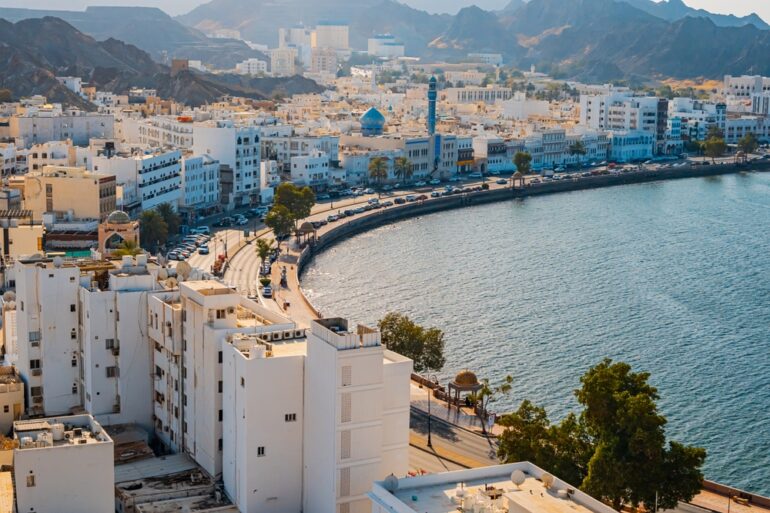The “GCC Grand Tours” visa allows tourists to visit Bahrain, Kuwait, Oman, Qatar, Saudi Arabia and the United Arab Emirates on a single entry permit.
In a move that promises to redefine tourism in the Middle East, the Gulf Cooperation Council (GCC) has officially approved a unified tourist visa that will allow travelers to visit all six member countries—Bahrain, Kuwait, Oman, Qatar, Saudi Arabia, and the United Arab Emirates—with one visa.



The long-awaited visa, dubbed the “GCC Grand Tours” visa, was unanimously approved by the ministers of interior of all six nations. It mirrors the convenience of the European Union’s Schengen visa, which enables seamless travel across multiple countries. According to officials, implementation is now in its final phase, with rollout expected “soon.”
Related story: Khaiba at Balmori Suites showcases Filipino classics with a Dubai twist
Related story: Filipino travelers prefer Asian destinations for their vacays abroad



For years, international visitors to the Gulf had to navigate different visa systems, timelines, and fees depending on their itinerary. With the new visa, that process becomes streamlined—ideal for tourists looking to combine multiple destinations into a single journey. From the modern skyline of Dubai to the ancient forts of Oman, from Riyadh’s rising art scene to Doha’s futuristic museums, the Gulf now opens up as a unified destination.
Travel industry experts say the new visa could supercharge regional tourism. The visa is expected to allow multiple entries and stays of over 30 days, though final details including application procedures and fees have yet to be announced.
More than tourism



Beyond boosting travel, the move is also seen as part of a broader economic strategy under the GCC Vision 2030 frameworks, which aim to diversify Gulf economies away from oil dependency. Tourism plays a central role in those plans, especially in countries like Saudi Arabia and Oman, which have invested heavily in cultural, heritage, and adventure tourism projects.



The visa is also a reflection of deepening regional integration. In addition to a shared market and customs union, the GCC has long discussed the need for a unified infrastructure when it comes to tourism. The Grand Tours visa is a tangible step in that direction.
Related story: 2,000 floating lanterns light up this magical Tokyo festival every July
Related story: Old Quarter with new eyes: A love letter to Hanoi
Related story: Banksy mural in Venice to be restored—but not everybody’s happy about it
A new kind of gulf itinerary



Imagine landing in Dubai and exploring its bustling souks and ultramodern towers, then flying to Muscat for a quiet trek through wadis and desert canyons. A week later, you’re sipping Arabic coffee in a café on Bahrain’s Pearl Trail, or shopping in Kuwait’s luxury malls, before ending the trip in Riyadh or Doha—without once applying for a new visa. That’s the vision.
With airlines and travel agencies expected to develop new packages around the visa, the Gulf could soon become one of the world’s most connected and compelling multi-destination regions.
What travelers should know



The visa is intended for non-GCC nationals and will target tourists as well as the growing “bleisure” market—travelers combining business and leisure. Officials have confirmed that while the visa has been approved, the exact launch date is subject to internal coordination among member states.
Industry watchers say travelers can expect announcements about application platforms, requirements, and costs in the coming months.
For now, the approval marks a powerful shift toward a more accessible and united Gulf—a place where borders matter less, and experiences matter more.





